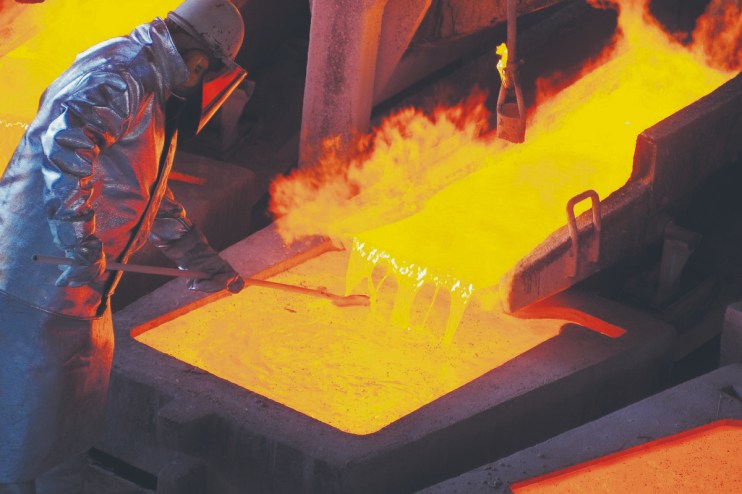Copper prices have been hitting record highs – why?

The price of copper has surged to an all-time high this week, and in doing so, it broke the $11,000-per-ton mark for the first time ever.
The landmark moment is the culmination of a months-long rally driven by financial speculators who predicted that a supply shortage would push up prices.
Copper futures – which allow investors who never actually use the metal to bet on the commodity’s price – have risen by 31 per cent in the past year and 25 per cent year to date, turning heads beyond the niche world of commodity traders.
The metal – now one of the best performing commodities of the year – is viewed as a leading indicator for the global economy thanks to its use a a raw material in essential products like EV batteries, wind turbines and power lines.
But is this rally a sign of greater confidence and, in turn, higher levels of investment and manufacturing? Or are there other factors at play?
What’s behind the latest copper rally?
The consensus among copper market commentators is that while the recent rise in price has contained a certain amount of ‘signal’—genuine changes in the market’s fundamentals —there is also a fair amount of speculative ‘noise’.
Starting with the signal, copper traders remain concerned about the long-term ramifications of the closure of the Cobre Panama copper mine in South America.
The mine, which began producing the red metal in 2019, accounted for over one per cent of the world’s copper output before it was closed down amid protests about its environmental footprint.
Latterly, these supply concerns have been aggravated by an uptick in demand from China, which is by far the largest consumer of the metal—thanks to an economy and a manufacturing sector that looks set for recovery after a slow few years.
None of these changing fundamentals can explain the rapid rise of red metal, though. Instead, this ‘noise’ stems from two main reasons.
First, the price of copper tends to correlate fairly closely with US bonds, and as the yield from US debt has stayed higher than many expected, so copper prices have rallied to reflect that.
Simultaneously, some pockets are undergoing an acute ‘pinch’ as short sellers are being squeezed into buying back their positions for more than when they adopted their short position.
According to Morgan Stanley, this is currently happening in New York.
Rise comes after longer-term growth
This sudden copper-coloured bull has followed a longer-term rise in interest in copper, thanks to its importance in crucial energy transition infrastructure and technologies.
Between the start of 2016 and March 2020, the price of copper tended to move between $2 and $3 per pound. Since then, as the transition to net zero has become more pressing, the copper price has risen alongside the demand for electric vehicles, wind turbines, and the like.
Barring another major downturn – or a huge shock to the Chinese economy – there is little to suggest that the pipeline of fundamental demand will change.
